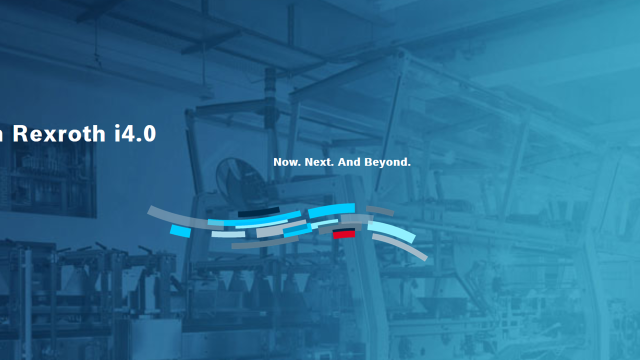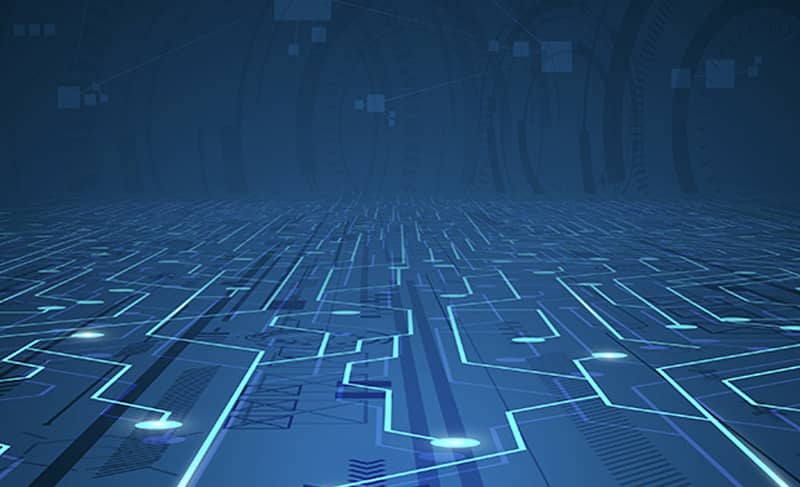



Author: Javier Stillig | May 04, 2020

It's an intelligent floor that makes this possible. We're developing a floor system that identifies devices and machines, manages them, exchanges data with them and supplies them with electricity, media and more. This intelligent floor is part of our Factory of the Future portfolio - all components of which can be easily combined as needed to meet the requirements of individual customers.
Responsive to change
The floor is constructed from 1-square meter panels, each with its own control system. The grid controller (a higher-level control system) in the production hall or in the cloud, evaluates pending order requirements, and simulates the grouping of devices and machines. Because each plate continuously monitors the force imposed upon it, the floor can respond to circumstances - so for instance, equipment in transit can be stopped or moved if another object approaches.
With the simulation complete, production machines will move independently to the areas assigned to them, and non-contact energy transmission units will supply them with power. They'll be supplied with information wirelessly via the new 5G radio connection standard. Production machines won't even need to shut down during transit, enabling maximum productivity.
The intelligent surface has two layers, so necessities such as piping for water, compressed air and lubricants can take place in the space in between.
Smart and flexible
Production is simpler if more of the intelligence is built into the floor, rather than into the devices and machines. For example, instead of equipping AGVs with complex localization systems, large energy storage units and powerful computers, they can simply have a control unit. This control unit enables the AGVs to navigate using a dynamic lane system of embedded LEDs, which guides them like an "electronic dog leash." The AGVs obtain their drive energy from the contactless energy transmission units in the ground.
Intelligent floors can be introduced step-by-step in areas of a production line where the need for flexibility is greater. Individual panels can be configured according to their function: not all of them require contactless power transmission or media supply elements. In edge areas or on defined paths, panels without additional functions can also be laid, reducing costs.
4 key benefits
Whether intelligent floors are installed in stages or in one step, their advantages are plain:
All of which is great news for manufacturing companies - because the smarter the floor, the better the business is able to operate.
To see this technology in action, watch the video.